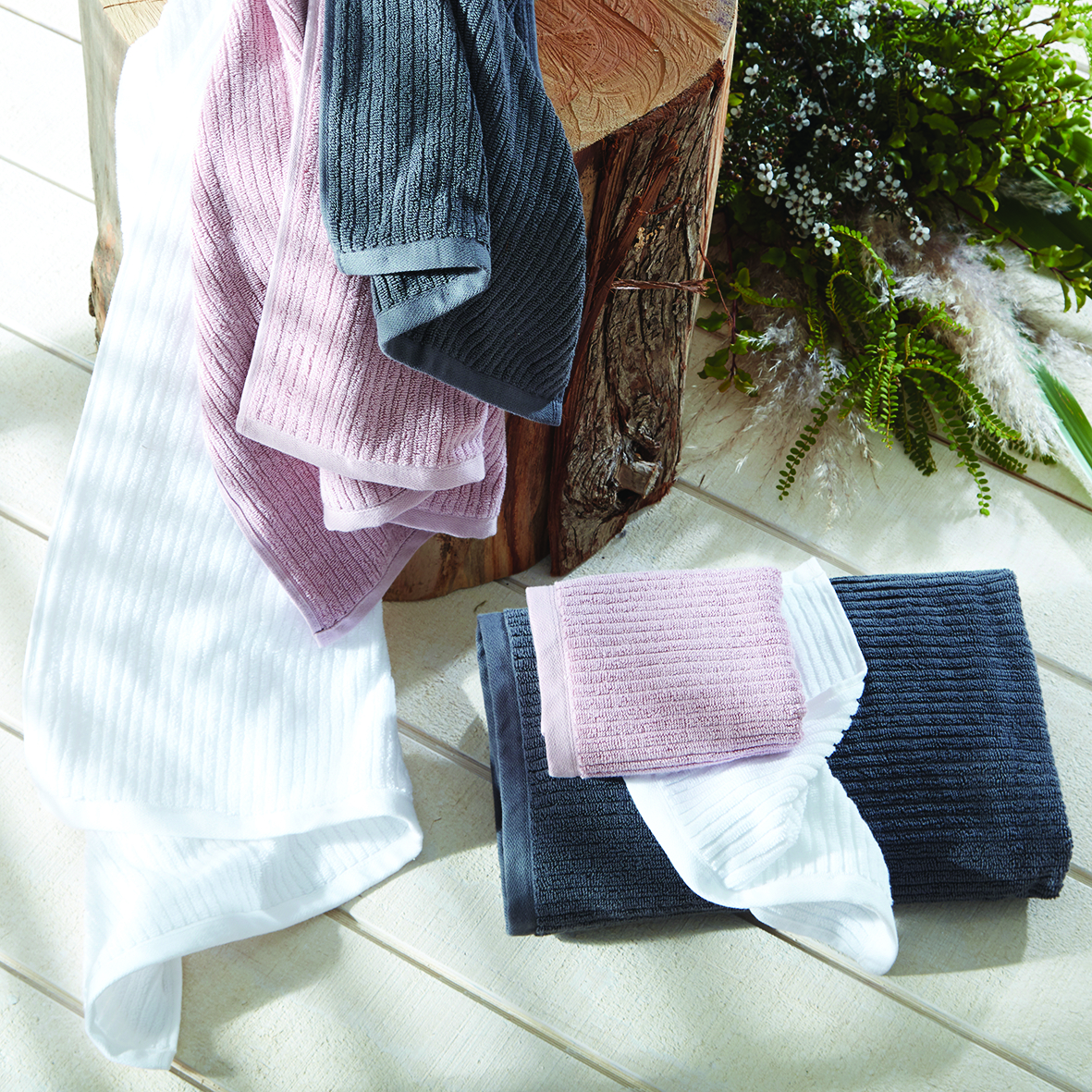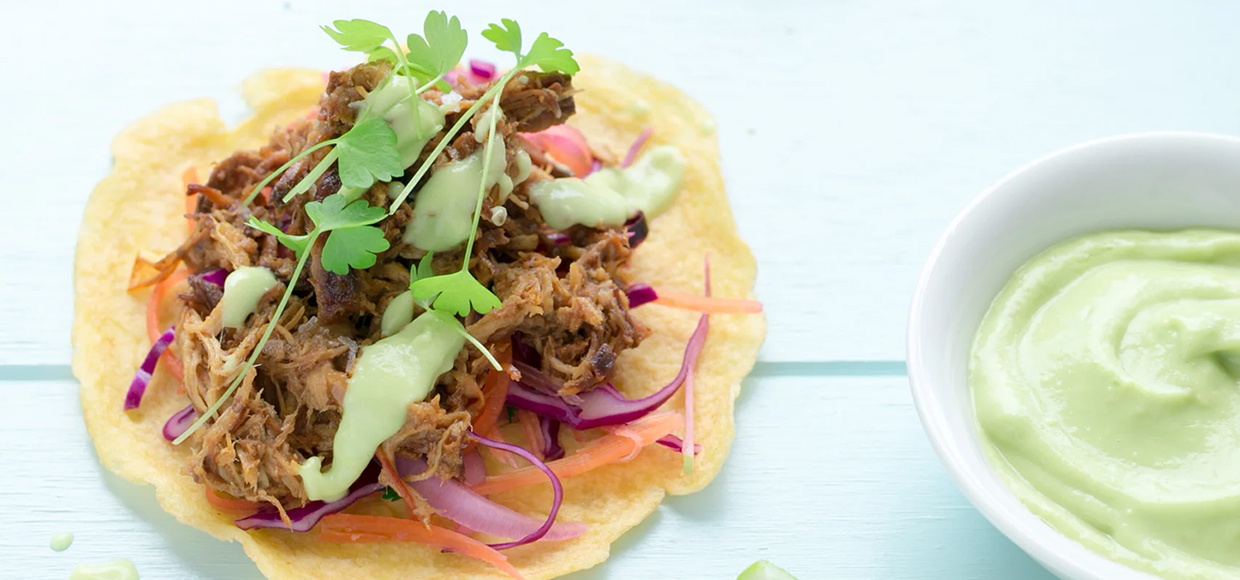More than ever, Kiwis are wanting sustainability and affordability – not one or the other. The Warehouse is doing something about it.
For many Kiwis, making sustainable choices has become increasingly important, but being able to make those choices is a privilege often only available to those who can afford to do so. The Warehouse is changing this and is leading the way in making sustainability more accessible by offering an ever-expanding range of quality, more sustainable products at affordable prices.
The Warehouse has made significant changes to its product range, including now having more than 5000 products on its shelves with a sustainable feature and more than 500 products use wood or paper derived from sustainable forests. Its target is to have 20 per cent of its products with a sustainable feature by 2022.
Sustainability encompasses everything from our climate, the environment and our people. That’s why for the past 16 years, The Warehouse has had an ethical sourcing programme in place to protect the welfare of workers in its supply chain. It has been developed using on-the-ground evaluations, its own knowledge of the sector and is guided by the UN Guiding Principles on Business and Human Rights. Through its programme, The Warehouse insists on safe and ethical working conditions and fair pay for workers and actively monitors factories in its supply chain to ensure these standards are being met.
Every sustainable step is progress, and, as a member of the Better Cotton Initiative, The Warehouse is taking steps to ensure the cotton products it offers to customers are better for the people who make them, those who wear or use them, as well as for the environment. The Better Cotton Initiative trains cotton farmers on efficient water use, how to better care for the soil their cotton is grown in, as well as how to reduce the use of harmful chemicals in their farming. Currently, more than 3500 of The Warehouse’s products are part of the Better Cotton Initiative and more than 25 per cent of cotton in its apparel and home textile ranges has been sourced through the Initiative. With larger companies like The Warehouse using Better Cotton Initiative cotton in its products, the production of more sustainable products is increased, meaning customers are able to get their hands on better-for-the-planet products at an affordable price. The Warehouse’s goal is to source 50 per cent of its cotton products from the Better Cotton Initiative by 2024.
In addition, sustainable packaging guidelines are being applied to its products to reduce plastic usage and improve packaging recyclability, reusability or compostability. Consumers can therefore expect to see more recyclable and recycled packaging, and less packaging overall on the shelves.
As well as the packaging that houses its products, The Warehouse is also working to ensure the packaging that customers receive through their online shopping is less harmful to the environment. Recycled and recyclable products, like cardboard boxes, are increasingly being used to dispatch online orders.
The improvements made to more than 1000 products on its shelves has seen the removal of excess packaging and plastics that can’t be recycled in New Zealand. For example, its mink blanket range’s original PVC satchel, which weighed 225g has been replaced with a card belly band, a change which will prevent approximately 712kg of waste plastic from entering landfill each year.
The Warehouse has 17 soft plastics recycling bins across its store network which have collected 24 tonnes of plastic and therefore a diversion of waste from landfill.
Sustainability is also at the heart of many of its initiatives which give back to the community. The Warehouse has a long history of supporting communities. Since being founded by Sir Stephen Tindall in 1982 it has raised close to $70 million for its community partners through initiatives including the donation of 100 per cent of the profits from the sale of its everyday reusable bags. In the first half of 2019 alone, The Warehouse donated $500,000 to New Zealand community organisations.
In February 2020, The Warehouse celebrated its first anniversary as a certified carboNZero and carbon-neutral company. It is the third major retailer in the world and the largest company in New Zealand to achieve carbon neutral status.
As one of New Zealand’s largest companies, The Warehouse is playing an important role in encouraging, enabling and supporting consumers to make more sustainable choices.
In doing so, it acknowledges that it is on a journey, and there are many challenges along the way in order to achieve its goals, as well as meet the demands of its customers.
As The Warehouse Group’s website states, “We’re upfront about the fact that we’re not perfect. We have more work to do. But we’re excited about what’s ahead of us and what can be achieved when we work together”.
Steps so far:
- The Warehouse has removed excess packaging and plastics that can’t be recycled in New Zealand from more than 1000 products on its shelves.
- More than 3500 of its products are part of the Better Cotton Initiative and its goal is to source 50% of its cotton products through the Better Cotton Initiative by 2024.
- It has reinstated soft plastic recycling in 17 of its stores. So far it has collected more than 24 tonnes of soft plastic, diverting all of this waste from landfill.
- It has a target of reducing its emissions by 32% by 2030 and it is focusing on investing in international carbon credits and native forest regeneration here in New Zealand.
Find out more here.







